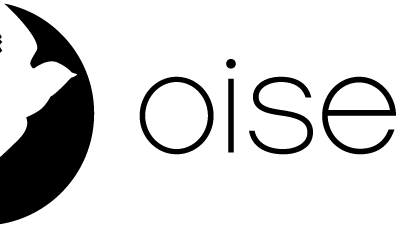Haute Volée hurdler and mental health therapist Karelle Edwards confronts the disconnect between "toughen up" style athlete coaching and mental health maximization.
When I was first invited to write this post, I thought: “How can I possibly write a blog about mental health when I’m in the midst of trying to figure my own mental state?” Just last month, I was sitting on my bedroom floor crying as I tried to decide what to wear to practice. Never mind the meltdown I had when I couldn’t find Christmas ornaments at Target. There was also the time I had an anxiety attack while driving home from practice. It eventually dawned on me that this is precisely the time to talk about mental health. This is what it means to be vulnerable – and not just transparent.
Throughout my track career, I’ve been told, “there is no space for emotions in sports.” “You’re too emotional, you’re too sensitive, you think you’re strong but…” I was even told that doing a Master’s in Counseling Psychology was counterproductive to my achieving success on the track. This led me to question whether I should continue on the career path I’d embarked on. Perhaps I’d completely missed the mark? In graduate school, I was taught the importance of owning and sharing my feelings. At the track, however, the message was: “you can’t be human and be the best.” I was living in two different worlds, and therein lay the problem. We can’t separate the athlete from the person. I now realize that I haven’t missed the mark at all. I’m actually right on target! This is why I am working towards becoming a licensed mental health counselor and a certified mental performance consultant. I hope to help bridge the divide between athlete and person and create a space where athletes can exist as the complete beings they are.
We can’t separate the athlete from the person.
You may be wondering why as a therapist I couldn’t navigate my own mental health issues. Although I’ve been able to recognize the signs of anxiety and depression in my clients, I missed all the signs when it came to me. Therapists are not immune to the stigma, “you’re weak, you’re unstable, what the hell is wrong with you, pull yourself together, mindset is a choice, just do it, be grateful, be positive, others have it worse than you.” The stigma surrounding mental health issues has made it difficult for me to acknowledge my pain. But more importantly, is it really that surprising that I missed the signs given how conditioned I’ve been to suppress my emotions?
If you’ve followed my journey, you know that I’ve been dealing with chronic back pain for years. I have had no issues talking about the physical challenges I’ve faced. But I’ve never talked openly about my mental injuries. So today, I am sharing my truth to let those of you who are suffering in silence know that you are not alone.
When my normal coping mechanisms were no longer working, I did what Alexi Pappas talks about in the NY Times and what I do when my back flares up. I sought help from health professionals. For me, this meant talk therapy and more recently medication (the stigma surrounding antidepressants is also real but that’s a topic for another day).
But, talk therapy isn’t just for people struggling with anxiety or depression. Let’s face it, 2020 was a s*** year! We are living in truly unprecedented times and the world seems upside down. There is so much collective grief and suffering right now and this is on top of people’s own struggles and traumas. As a therapist, I can tell you firsthand that many people are currently in crisis. Athletes are no different from other people. When we separate the athlete from the person, we are essentially saying, “you need to sacrifice your mental well-being to achieve success in the sports world.”
Let’s value all aspects of the human experience and destigmatize mental health issues so that people can get the help they need!
Therapy should be seen as a coping mechanism just like exercise, meditation, and social contact. Therapy is just one other tool in our self-care toolkit to help us live a more meaningful and fulfilling life.










